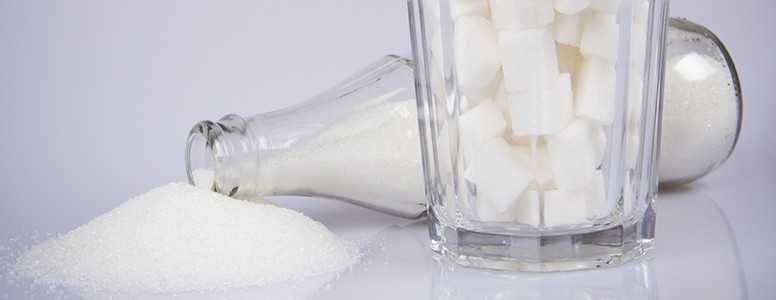Drinking two sugar-sweetened beverages (SSBs) a day can increase the risk of type 2 diabetes by 26 per cent, according to a new study from Harvard University.
Two daily SSBs were also found to increase the risk of a heart attack or fatal heart disease by 35 per cent, and a stroke by 16 per cent.
A large new study was conducted by Harvard in which data was reviewed on 84,628 women and 42,908 men between 1980 and 2010. None of the participants had diabetes, cardiovascular disease or cancer at the start of the study, and follow-ups were performed every four years.
Dr. Frank Hu, Harvard Professor of Nutrition and Epidemiology, said that reducing intake of SSBs could help people lose weight and prevent cardio-metabolic diseases from developing.
“Regular consumption of sugar-sweetened beverages can lead to weight gain because the liquid calories are not filling, and so people don’t reduce their food intake at subsequent meals,” Hu said.
“Although reducing the consumption of sugar-sweetened beverages or added sugar alone is unlikely to solve the obesity epidemic entirely, limiting intake is one simple change that will have a measurable impact on weight control and prevention of cardio-metabolic diseases.”
A host of organisations, such as Action on Sugar and the Children’s Food Campaign, have recently called for a sugar tax to be implemented on fizzy drinks in the UK.
Hu and his team backed the need for imminent change in limiting the availability of SSBs, adding: “Our findings underscore the urgent need for public health strategies that reduce the consumption of these drinks.”
What's new on the forum? ⭐️
Get our free newsletters
Stay up to date with the latest news, research and breakthroughs.







